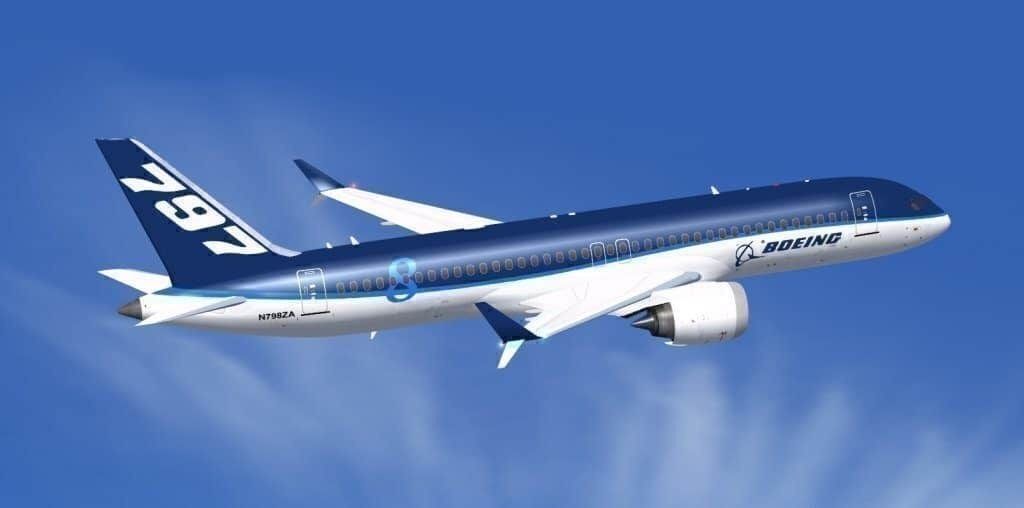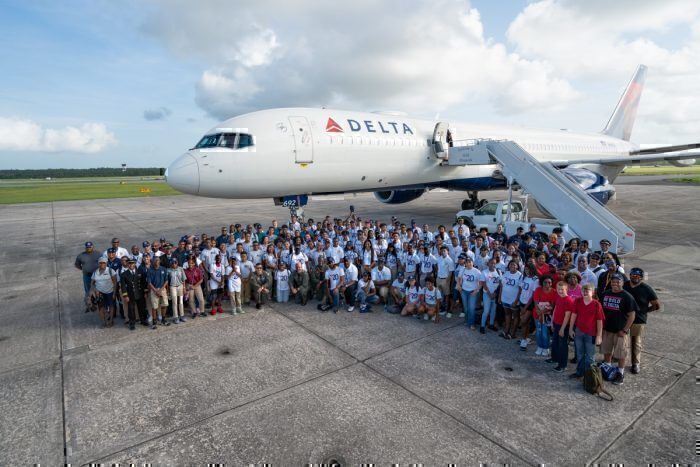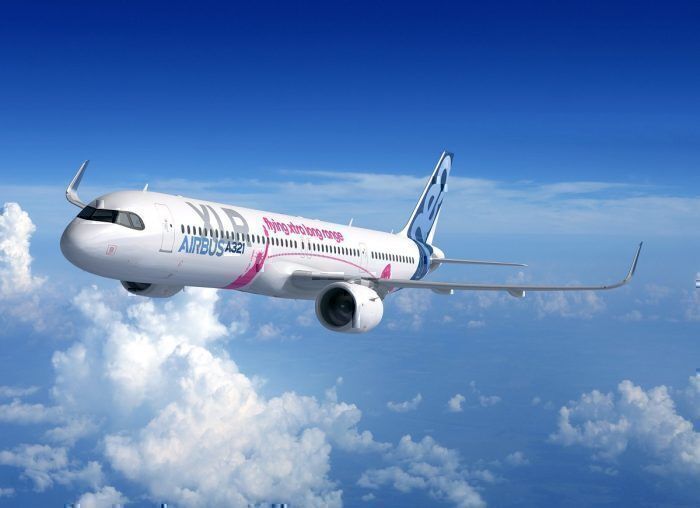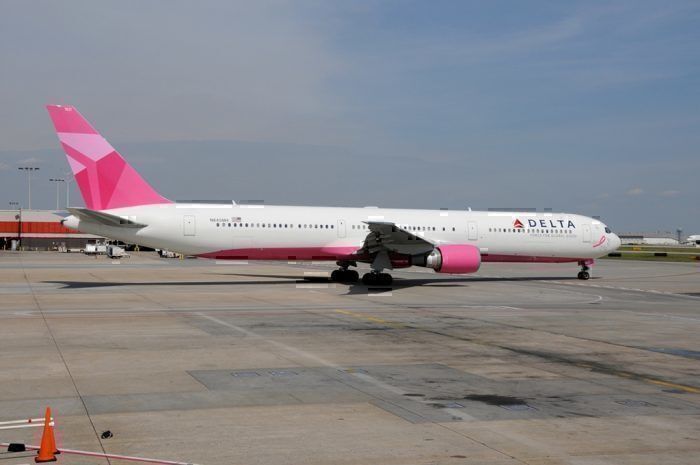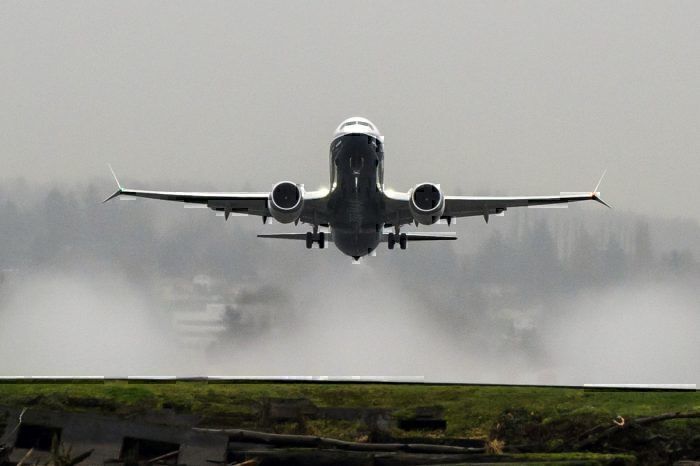Arguably the most hotly anticipated aircraft is the Boeing 797. The new midsized aircraft is set to shake up the market by offering airlines an aircraft in an important niche that is currently underserved. A counter to Airbus' A321XLR, the 797 should give airlines plenty to consider. However, despite all this, Boeing has not launched the 797 yet. So, what is the story with Boeing's new aircraft?
The case for the 797
Air travel has gone through several phases in the past. From multi-day transcontinental hops to transatlantic flights with three- and four-engine aircraft, and now to twinjets operating 18 hour nonstop flights. In more recent years, long and thin routes are becoming more and more prevalent.
These routes connect two cities, usually a hub to a secondary city, between which there would not be enough demand to sustain a widebody but too much for a 737 or A320. The ideal aircraft for this type of route would be a plane capable of seating closer to 200 passengers in a multi-class configuration with lie-flat business class seats among other amenities.
Now, while the larger A321 and 737 MAX 10 can seat close to 200 passengers, this does not allow for a premium lie-flat configuration. Furthermore, the range of these aircraft excludes a few key city pairs. That is where the A321XLR comes into play.
The long-range A321 can carry a higher load while also having sufficient range for a host of new routes. The problem is, Boeing doesn't have anything to match this with. So, the 797 would be their counter to the A321XLR.
The case against the 797
The 797 has its merits, but there are a few reasons why Boeing's NMA might not be an ideal aircraft for many airlines. On one hand, there is the question about entry timeline. If the 797 does not enter service by the time airlines need it, then it is likely that the A321XLR could see a boost in sales. Which, in turn, means that with the arrival of the 797, fewer airlines would have a need for such an aircraft.
In recent months, Boeing has had to focus on its 737 MAX. Depending on how long the grounding and return to service process lasts, this could take away a few key months from the manufacturer's design process for the new aircraft. And, with the enhanced scrutiny on the 737 MAX, there may be consequences in terms of the certification of the 797, which could lead to additional delays.
What would the 797 replace?
The 797 is something of a successor to the 757. However, Delta Air Lines in particular has highlighted the 797 as a possible 767 replacement too.
Though the 767 was an incredibly popular aircraft, a number of airlines have already selected replacements for the type. In fact, Delta has highlighted the Airbus A330-900neo as a 767 replacement while American is using Boeing 787s. So, the market slice there is already slimmer than the 767's original order book. Combined with the 757, however, there is plenty of potential for the NMA. So far, it depends on how the A321XLR performs prior to the launch of the new plane by Boeing.
Boeing's tight lips
Boeing has kept their lips tight on the 797. So far, the aircraft has not been announced and no formal orders have gone on the books. Nevertheless, Boeing has definitely discussed the concept of the aircraft with airlines. It seems, based on continued reports, that there is a push from the industry for a brand new aircraft.
These tight lips could be for a variety of reasons. Most importantly, it could be that Boeing has not formally committed to designing and building the 797 aircraft. This could stem from Boeing's diverted attention on the 737 MAX issues.
Launching a new aircraft amid the grounding could signal to the industry that either Boeing has lost confidence in the 737 MAX or is disregarding an important segment of their product lineup.
What does Boeing do next?
If Boeing does go for the 797, they need to get the 737 MAX back in the air sooner rather than later and announce the NMA pretty swiftly after that. The more delayed the 797, the more likely Airbus is to gain additional orders for their extra long range single-aisle twinjet.
In the meantime, Boeing could continue its discussions with airlines about potential 797 orders. Although these are generally private, they are an integral part of the aircraft development process. Ultimately, if Boeing develops an airplane that their customers don't want, then there would be no point in developing the aircraft at all.
Do you think Boeing will launch the 797? Let us know in the comments!
Simple Flying reached out to Boeing. However, Boeing did not respond prior to publication.

